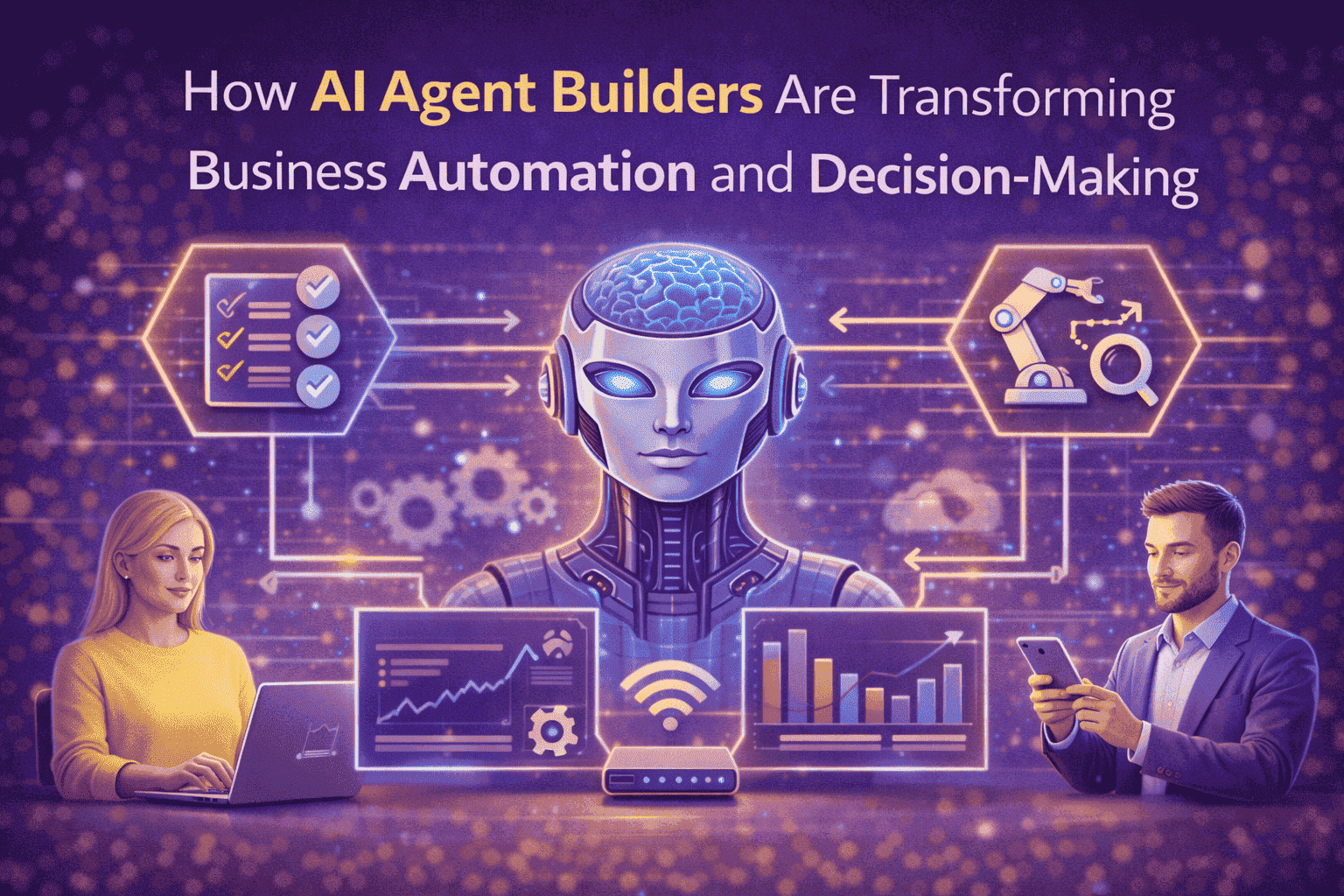A Comprehensive Guide to Generative Engine Optimization for Search Strategies

TL;DR
- This article covers everything you need to know about Generative Engine Optimization (GEO) and its impact on search strategies. We'll explore how GEO differs from traditional SEO, examine the ways AI is reshaping search behavior, and provide actionable strategies for optimizing your content for AI-driven platforms. Plus, we'll dive into the challenges and future trends of generative ai, helping you stay ahead in this evolving landscape.
Understanding Generative Engine Optimization (GEO)
Generative Engine Optimization (GEO) huh? It's not just another buzzword floating around in the digital marketing ether, though it might sounds like one at first! Think of it as leveling up your SEO game for a world increasingly run by ai.
Simply put, GEO is about tweaking your content so ai engines like ChatGPT and Google Gemini can really get it. It's not enough for humans to understand, the bots gotta get it too! That means focusing on a few key areas:
- Boosting AI Visibility: Forget just ranking on a search engine results page (SERP). It's about making your content pop up when ai synthesizes answers. (How to Optimize Content to Appear in AI Answers: The Basics of SEO) Think of it as becoming the go-to source that ai trusts, something Michael E. on LinkedIn calls securing citations, because it's about building authority that ai recognizes. (The Ultimate Guide to Generative Engine Optimization (GEO))
- Answer Engine Optimization: This is all about crafting content that directly answers user questions. Forget keyword stuffing, its about being conversational.
- Citation Authority: Backlinks are so yesterday. Now, it's about having credible sources cite you, building that ai-perceived authority.
GEO isn't just some add-on strategy; it's a holistic approach touching all customer touchpoints.
Imagine a healthcare company revamping its website to include clear, concise answers to common patient questions, structured with schema markup. This makes it easier for ai to pull info for medical advice summaries. Or a B2B SaaS provider creating in-depth guides to showcase their expertise, aiming for citations in ai-generated reports.
According, to Ascendrix Comp. "Traditional SEO optimized for retrieval. Generative Engine Optimization (GEO) optimizes for recall."
So, yeah, it's a whole new ballgame.
The Core Components of a GEO Strategy
Okay, so you wanna optimize for these ai overlords, huh? It's not just about keywords anymore, its about making sense to a bot.
Think of this as prepping your content for an ai interview. You've gotta know what questions they're gonna ask, and what answers they're looking for.
GEO Keyword Research: It's not just about what people are searching, but how they're asking. Focus on conversational phrases, those long-tail keywords that really get to the heart of the matter. For example, instead of "cybersecurity software," think "what is the best cybersecurity software for small businesses that protects against ransomware?" To find these, try using tools like Google Search Console to see existing queries, or explore AI-powered keyword research tools that can identify conversational patterns. You can also analyze competitor content that ranks well in AI overviews for similar topics.
AI Overview Response Analysis: What topics are these ai overviews prioritizing? What structures are they using? If ai is always spitting out listicles for "best project management tools," maybe you should create a killer listicle too. To do this analysis, you can manually review AI-generated answers for your target queries, noting recurring themes, formats (like lists, step-by-step guides, definitions), and the depth of information provided. Tools that track AI SERP features can also be helpful.
Competitor Research: Don’t just look at your competitors' rankings on Google. See how they're performing in ai search. Are they being cited? What are they doing right?
Brand Perception Intelligence: This is where it gets interesting. What does ai think about your brand? Are you seen as trustworthy? An expert? Gathering these insights can help you shape your content strategy. For instance, if AI overviews consistently portray your brand as lacking in customer support, you'd want to create content that highlights positive customer testimonials, case studies showcasing excellent service, and detailed FAQs that demonstrate your support capabilities. If AI perceives your brand as not authoritative in a specific niche, you'd focus on creating in-depth, research-backed content, expert interviews, and thought leadership pieces to build that credibility.
According to Searchengineland, "GEO keyword research identifies the keywords, queries and conversational phrases that ai-driven search engines prioritize"
Time to transform this research in great content.
A 10-Step Framework for Implementing GEO
Alright, let's talk frameworks. Implementing GEO isn't just winging it; you'll actually want some structure, trust me! Think of it like building a house – you need a blueprint, right?
So, here's a 10-step framework, broken down.
First things first, connect your AI visibility efforts to solid business results. Don't just chase citations for the sake of chasing citations, make sure they're actually driving something meaningful.
- Map those ai insights to hard metrics like leads, revenue, or signups. Are you trying to boost brand awareness so you can grow revenue? Then measure that.
- Track GEO KPIs like revenue growth, visibility score, and customer sentiment (positive or negative). The visibility score can be determined by tracking how often your content is cited or directly used in AI-generated responses for relevant queries. Revenue growth is straightforward – track sales attributed to GEO efforts. Customer trust can be measured through sentiment analysis of AI responses and mentions, as well as direct customer feedback.
Gotta know where you're starting from, right? So, take stock of your current situation.
- Benchmark your visibility score, share of voice, and sentiment trends. Tools like Profound's Answer Engine Insights can help with this.
- Analyze which ai platforms mention your brand, how often, and in what context.
- Look for both positive and negative sentiment. Is ai painting a rosy picture, or is it highlighting some issues?
This is where it gets interesting – you need to understand what your customers are actually asking.
- Collect prompts from sales calls, customer support interactions, social listening, and even Reddit.
- Document the actual questions and phrasing your customers use at each stage of their journey. What are they asking when they're just becoming aware of your brand versus when they're ready to buy?
- Optimize for both awareness and conversion queries. Don't just focus on the "buy now" keywords; nurture those early-stage questions too.
These three steps are all about laying the groundwork, understanding where you're at, and figuring out what your customers are actually looking for. Next, we'll explore how to make your content more accessible to AI.
Technical SEO for AI Accessibility
Structured data, huh? it's like whispering secrets in ai's ear so it really gets you. This is where we ensure your content is not just readable by humans, but easily digestible by AI.
- Use schemas like Article, Organization, and Breadcrumb to give ai context, which is crucial for visibility. For example, a news site would use Article schema, helping ai to understand the content and purpose of the article.
- Implement FAQ and Q&A schemas for voice search cause, let's face it, everyone's talking to their devices these days.
- Apply schema markup to products, reviews, and FAQs, particularly useful for e-commerce businesses to highlight key product details.
Think of it as giving ai the CliffNotes to your site!
Challenges and Considerations
Okay, so ai isn't perfect, surprise surprise! Getting real about its limitations is kinda important, right?
- Bias is a biggie: ai learns from data, and if that data's biased, well... Green Hearted notes this and it can lead to skewed results.
- Don't get too reliant: Human touch still matters, ya know?
- Verify, verify, verify: ai can hallucinate, so always double-check facts.
Now, on to controlling the ai narrative a bit.
Conclusion: The Future of Search is Generative
Alright, so we've been diving deep into the world of generative engine optimization, huh? It feels like we're constantly playing catch-up in this digital landscape.
It's clear that the future of search isn't just about ranking anymore; it's about becoming a trusted source for ai. Here's what that means for you:
- SEO and GEO are essential for staying competitive. You can't ditch one for the other. They're two sides of the same coin, and you need both to thrive.
- Adapting your content strategy to optimize for AI models is crucial. It's not enough to write for humans anymore; you gotta write for the bots too! That means structuring your content in a way that ai can easily understand and synthesize.
- Continual learning and adjustment are necessary. The ai landscape is constantly evolving, so you need to stay on top of the latest trends and adapt your strategy accordingly. It's a never-ending process, but it's also what makes it exciting.
As Michael E. on LinkedIn puts it, "Most companies are optimizing for a search experience that's already obsolete." Don't be one of those companies!
If you're looking to streamline your cybersecurity marketing efforts and ensure your content is optimized for the AI era, consider exploring solutions that can help.
For instance, Grackerai automates your cybersecurity marketing. It takes the pain out of content creation and distribution, so you can focus on other things. They deliver daily news and SEO-optimized blogs, helping you stay on top of the latest trends and keep your audience engaged. Plus, they offer an AI copilot and newsletters—start your FREE trial today! It's like having a personal AI assistant to help you with all your marketing needs.
So, what are you waiting for? It's time to embrace the future of search!





